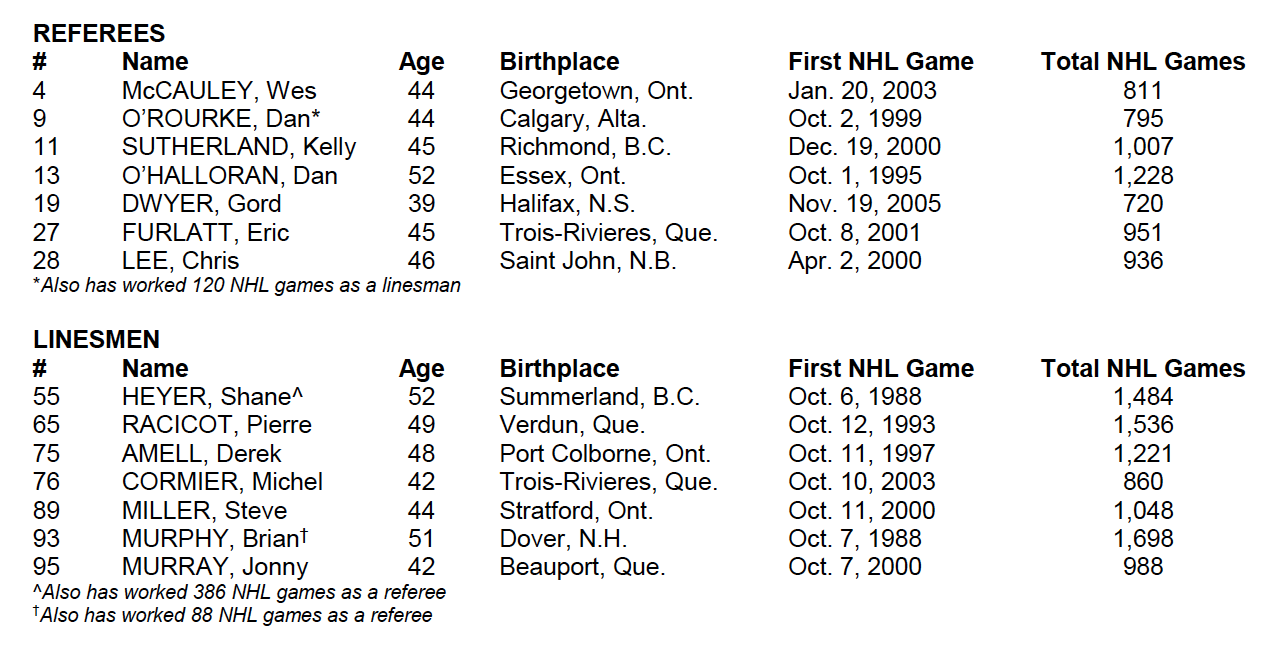Tampa Bay Lightning players celebrate after defeating the Dallas Stars to win the Stanley Cup in the NHL Stanley Cup hockey finals, in Edmonton, Alberta, on Monday, Sept.

- Ignition Poker is the #3 most-trafficked poker site in the world and accepts US players. Because of their traffic you’ll find Sit and Go’s with low wait-times up to the $50-100 level. 888 Poker is second in worldwide traffic and gives players an $88 no-deposit bonus. Sit and Go’s fill up quickly and the insane new BLAST Spin and Go style.
- The basic rules for Texas Hold'em are that two to 10 players are dealt two hole cards. They place bets in sequence around the table or choose to fold their hands. Three cards are dealt, the flop, which the players can use to complete the best hand. There is another round of betting and folding and then a fourth card is revealed on the board.
In something you don’t see at the top levels of European soccer anymore, Liverpool striker Daniel Sturridge has been charged with allegedly breaching the Football Association’s betting rules.
Specifically, Sturridge is accused of breaking Rule E8(1)(a)(ii) and Rule E8(1)(b) during January 2018.
He has until Tuesday, Nov. 20 to respond. Sturridge has stated “categorically that he has never gambled on football,” said a Liverpool spokesperson.
Soooo … what does that mean?
Just follow this and then I’ll speculate. Here are the FA betting rules Sturridge is accused of violating:
- Rule E8(1)(a) – a participant shall not bet, either directly or indirectly, or instruct, permit, cause or enable any person to bet on – (i) the result, progress, conduct or any other aspect of, or occurrence in or in connection with, a football match or competition; or (ii) any other matter concerning or related to football anywhere in the world, including, for example and without limitation, the transfer of players, employment of managers, team selection or disciplinary matters.
- Rule E8(1)(b) – where a participant provides to any other person any information relating to football which the participant has obtained by virtue of his or her position within the game and which is not publicly available at that time, the participant shall be in breach of this Rule where any of that information is used by that other person for, or in relation to, betting.

Sturridge was accused of this violation in January 2018.
In January 2018, Sturridge completed a loan to West Brom Albion. Rule E8(1)(a) states that, “a participant shall not bet, either directly or indirectly…or enable any person to bet on…the transfer of players…” Rule E8(1)(b) states that, “where a participant provides to any other person any information relating to football which the participant has obtained by virtue of his or her position within the game…”

It’s reasonable given the timeframe to assume that Sturridge either intentionally or carelessly provided information of his transfer to someone who placed and won a large wager. We here at TheLines are not the betting type of people, but it’s like -350 that’s what happened.
Governing athletes in the U.S.
Europe has a significantly more mature sports betting market than the U.S. Players at the top levels know the rules.
So what exactly are sports betting rules for U.S. pro athletes?
Major League Baseball
We all know that Pete Rose earned himself a lifetime ban. In general, this is pretty straightforward. Section D of Major League Baseball Rule 21 states:
- Any player, umpire, or Club or League official or employee, who shall bet any sum whatsoever upon any baseball game in connection with which the bettor has no duty to perform, shall be declared ineligible for one year.
- Any player, umpire, or Club or League official or employee, who shall bet any sum whatsoever upon any baseball game in connection with which the bettor has a duty to perform, shall be declared permanently ineligible.
National Football League
The NFL has an interesting and somewhat confusing view of gambling in general. They’ve opposed gambling and were behind lobbying efforts around the UIGEA. Yet they provide injury reports with a wink-wink-nod-nod to how that impacts gamblers, and their owners had no issue investing in daily fantasy sports sites. As far as “NFL personnel” go, however, this is more clearly defined:
League policy strictly prohibits NFL Personnel from participating in or facilitating any form of illegal gambling. In addition, NFL Personnel are prohibited from engaging in any of the following gambling-related activities, regardless of whether such activities are legal:
- Accepting a bribe or agreeing to throw or fix a game or illegally influence its outcome, statistics or score;
- Failing promptly to report any bribe offer or any attempt to throw or fix a game or to illegally influence its outcome, statistics or score;
- Betting on any NFL game or practice, or any other professional (e.g., NBA, MLB, NHL,PGA, USTA), college (e.g., NCAA basketball), or Olympic sport. including but not limited to wagers related to game outcome, statistics, score, or performance of any individual participant
- Sharing confidential information regarding any game or any participating individual’s Status for or performance in any game without authorization or for the purpose of enabling or facilitating gambling;
- Participating in or condoning any form of gambling while in any Club or League setting including, without limitation, locker rooms, practice or office facilities, or while traveling on Club or League business; or
- Entering into, utilizing or otherwise visiting a “sports book ” at any time during the NFL playing season.
National Basketball Association
Rumors have swirled for years regarding why Michael Jordan really left the NBA the first time. And we all know about Tim Donaghy. The NBA Constitution states:
Any person who, directly or indirectly, wagers money or anything of value on the outcome of any game played by a Team in the league operated by the Association shall, on being charged with such wagering, be given an opportunity to answer such charges after due notice, and the decision of the Commissioner shall be final, binding, conclusive, and unappealable. The penalty for such offense shall be within the absolute and sole discretion of the Commissioner and may include a fine, suspension, expulsion and/or perpetual disqualification from further association with the Association or any of its Members.
Additionally, per the league’s collective bargaining agreement, players have to take a mandatory gambling awareness program.
Nhl Poker
Expect very public player and personnel policy
As sports betting continues to roll out to more states, with so much at stake, expect stricter, clearly defined, and more public player policy from all professional leagues. It’s in the best interest of the leagues, players, and bettors.
Nhl Gambling Rules
NLHE is an abbreviation for No Limit Texas Hold’em. This abbreviation leaves out the T for Texas, which can make it less obvious in what it represents. It is used as an abbreviation for this popular poker game both online and in card rooms. Other abbreviations and synonyms are NLH, No limit Texas Hold’em, No-limit Holdem.
What Does No Limit Mean?
Limit refers to how much a player can bet on any single bet. No limit means that at any point in the game a player can bet as much as all of the chips they have on the table, which is known as going all-in. The other players must match the amount to call the bet, or can go all-in themselves for less. If the player loses the hand, they are out of the game unless there is a rebuy allowed.
Besides going all-in, a player can bet more than the minimum required bet or raise more than the minimum required the amount of a raise, anywhere up to the amount of chips they have on the table. In most games, a raise must be by at least as much as the blind for a first raise. For a re-raise, it must be at least as much as the previous raise.
This is in contrast with limit games where the amount allowed for each bet is set and the players cannot bet more than that amount. For example, for the first and second bet of a hand, the amount might be set at $2, with the amount for the third and fourth bet set at $4. In pot limit games, the maximum raise is the current size of the pot.
No Limit Texas Hold'em is the usual format for poker tournaments such as the World Series of Poker (WSOP). Many people have become familiar with watching it played in televised tournaments. It is a common format for playing poker online. Non-tournament limit games are common in casinos and card rooms. They may be listed with the word limit and amount of the limit (such as $2/$4).
Texas Hold'em Poker
The game of Texas Hold'em originated in Texas, with its birthplace officially designated as Robstown, Texas. It was introduced to Las Vegas at the Golden Nugget casino in 1967.It became popular with professional players because the four rounds of betting on each hand allowed for strategic play. When Benny and Jack Binion created the World Series of Poker in the early 1970's, they featured no-limit Texas Hold'em as the main event of the tournament.

The basic rules for Texas Hold'em are that two to 10 players are dealt two hole cards. They place bets in sequence around the table or choose to fold their hands. Three cards are dealt, the flop, which the players can use to complete the best hand. There is another round of betting and folding and then a fourth card is revealed on the board. Then another round of betting (or folding) and the fifth board card is revealed. Any remaining players can again bet or fold and go to a showdown to win the pot.